SGGP
Japanese Prime Minister Fumio Kishida said on September 4 that Japan will allocate 20.7 billion yen ($141.4 million) as an additional relief package for the seafood industry...
Support measures will include steps to increase domestic consumption, ensure sustainable seafood production, minimize reputational damage and develop strategies to seek new foreign markets, as well as ensure prompt and thorough compensation.
In addition to the above 20.7 billion yen, the Japanese Government will establish two separate funds, one worth 30 billion yen (204.4 million USD) and the other 50 billion yen (340.7 million USD) to support fishermen to maintain their businesses.
According to Kyodo, the Japanese government has pledged to support the diversification of seafood export channels to diversify export markets and reduce over-reliance on the Chinese market. Seafood products account for less than 1% of Japan's global trade turnover. However, China is Japan's largest seafood import market (accounting for 22.5% of total turnover).
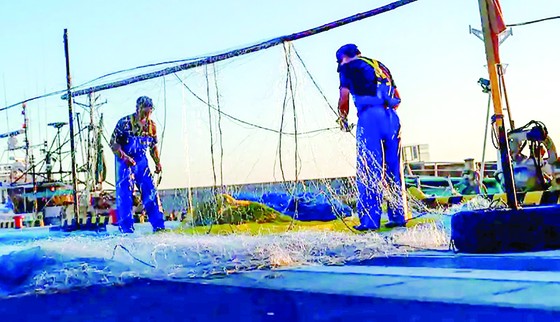 |
Fishermen in Fukushima Prefecture, Japan |
Beijing banned seafood imports from Japan after Tokyo began releasing treated radioactive water from the Fukushima nuclear plant into the Pacific Ocean on August 24. Hong Kong, Japan's second-largest seafood importer (20% market share), has also stopped importing seafood from Fukushima and nine other Japanese prefectures.
Japanese officials said they plan to promote new export destinations in Taiwan, the United States, Europe, the Middle East and some Southeast Asian countries. The ban is a blow to Japan’s seafood industry, affecting prices and sales of products as far away as Fukushima and the northern island of Hokkaido.
The announcement of the government’s seafood subsidies comes as more than 100 fishermen and local residents living near Fukushima prepare to file a lawsuit this week seeking to stop the discharge. Many Japanese fishermen have opposed the discharge, fearing it will undo years of efforts to improve the industry’s image.
Yoshinobu Yoshihashi's Tokyo-based business has more than halved its seafood export orders to Asian markets. Yoshihashi said the Japanese government should have communicated more widely around the world about the safety of the water before discharging it. The Japanese government has sought to reassure the public that seafood from Fukushima is safe to eat.
Last week, Japanese Prime Minister Fumio Kishida and US Ambassador to Japan Rahm Emanuel visited the area to eat local fish in front of television cameras. According to Japanese officials, seawater and fish samples taken since the discharge of the treated wastewater were well below the regulatory safety limit for radiation.
Japan said it will explain its position to relevant World Trade Organization (WTO) committees on the safety of its seafood, and will explain the safety of the discharged water at diplomatic forums, including the ASEAN Summit in Indonesia and the G20 Summit in India.
Source


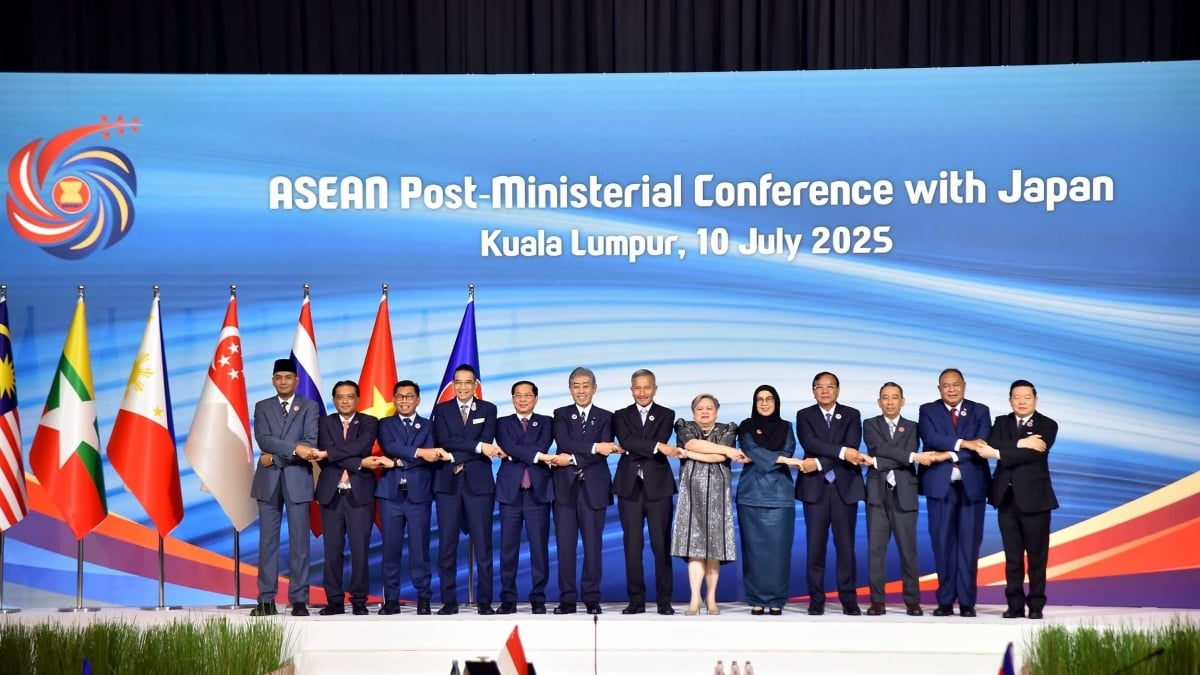
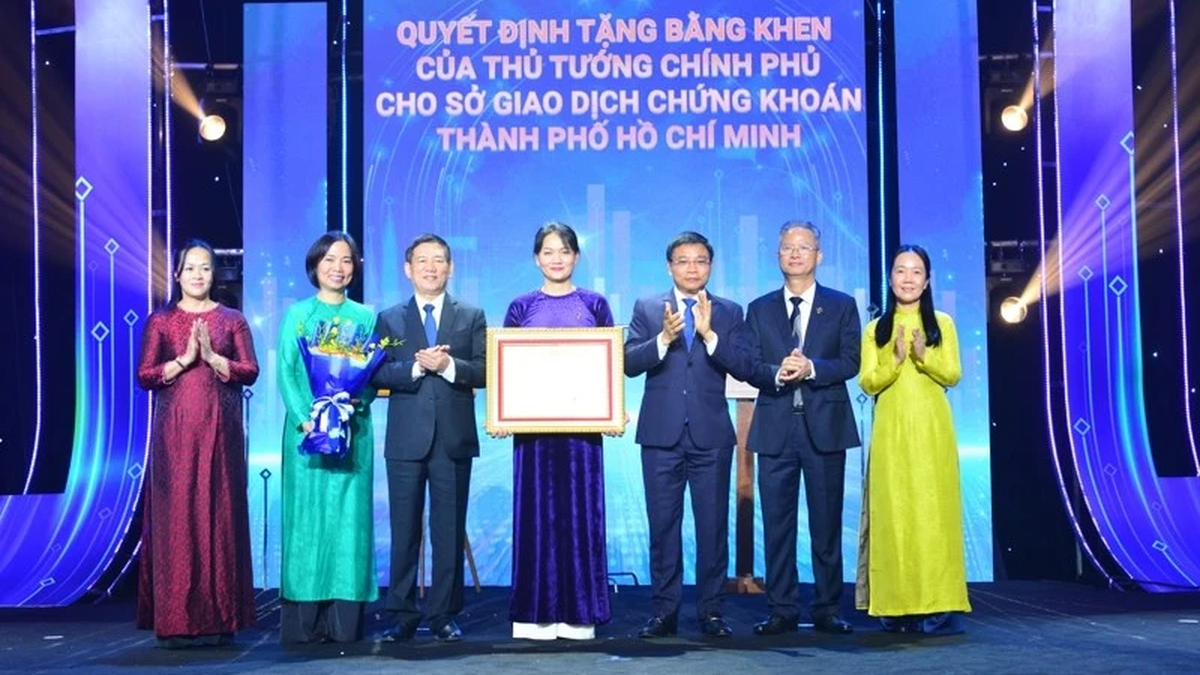
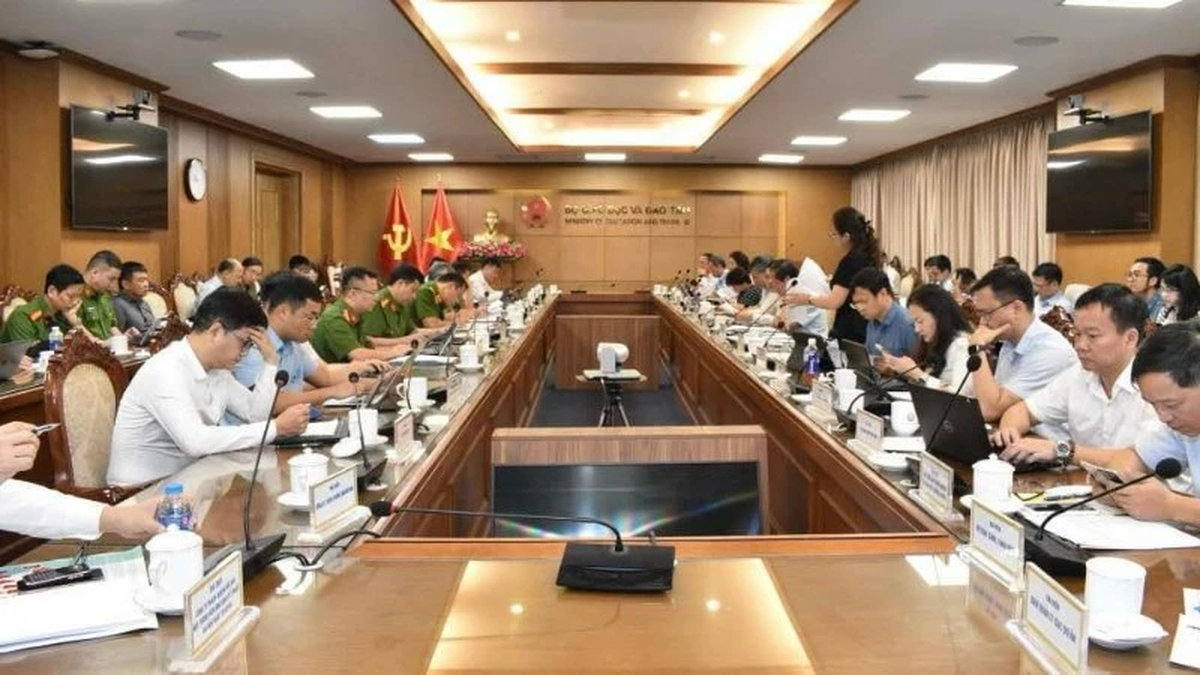
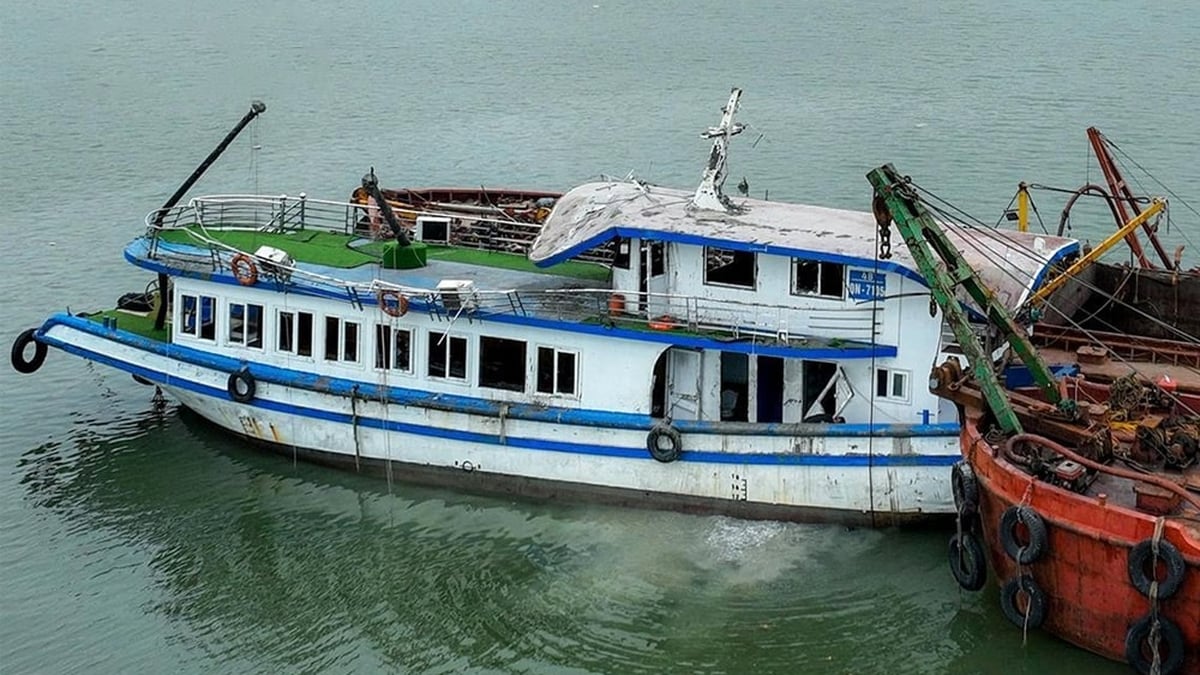


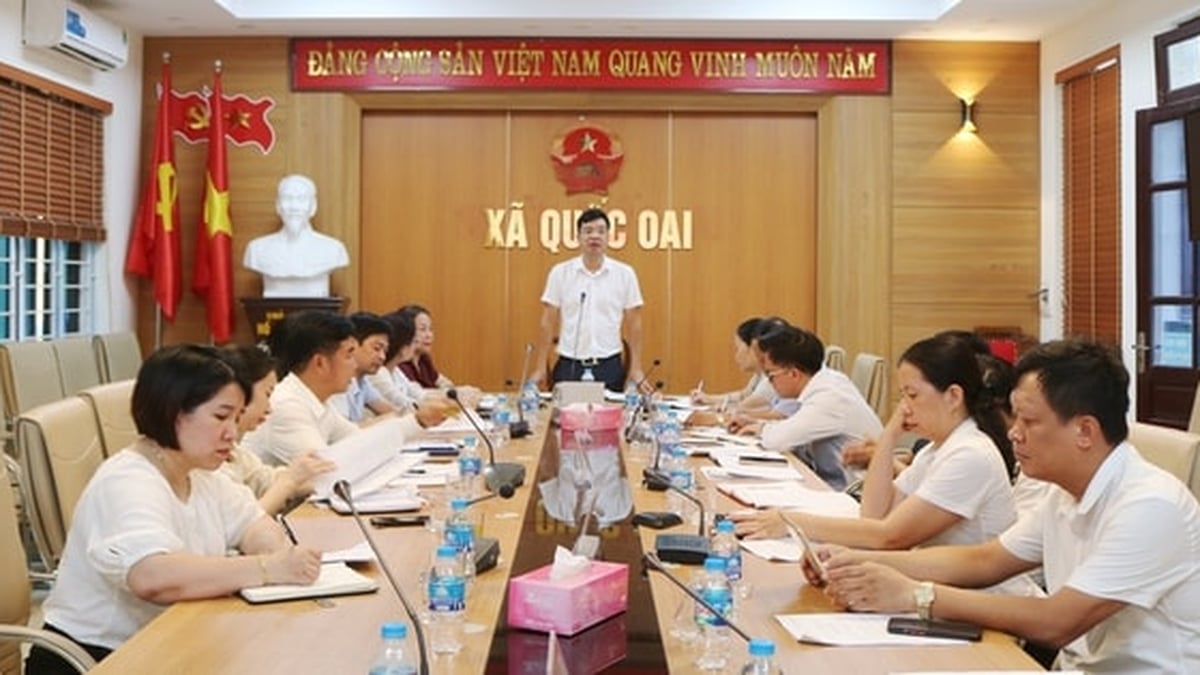
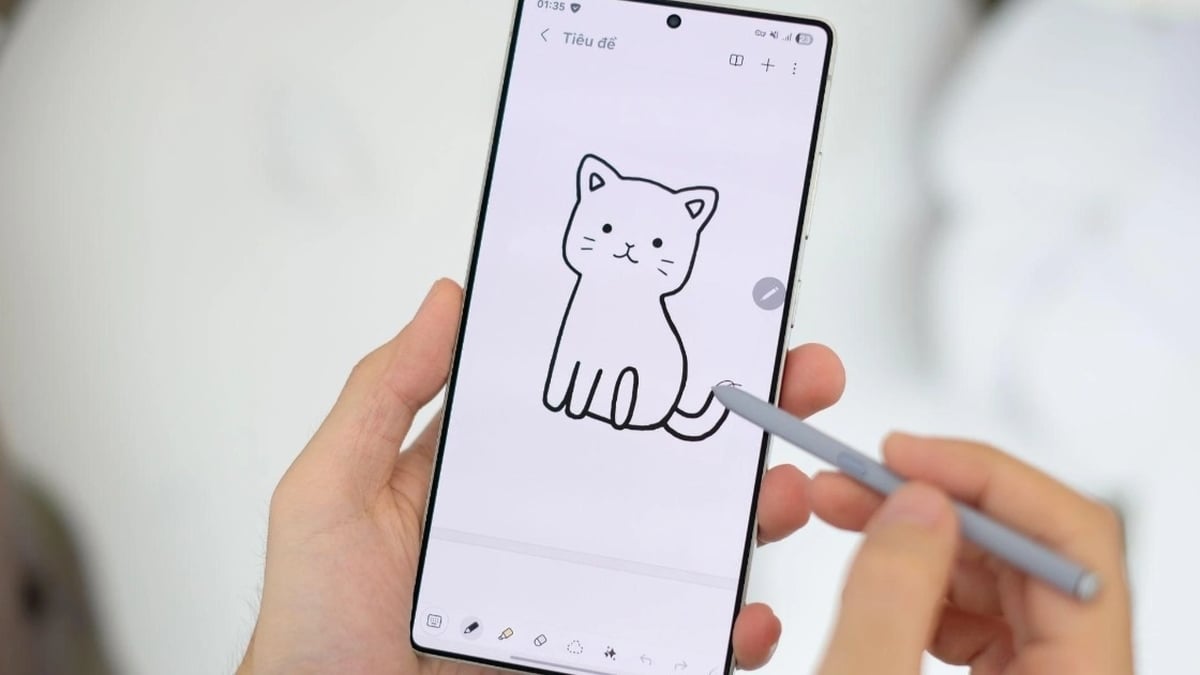
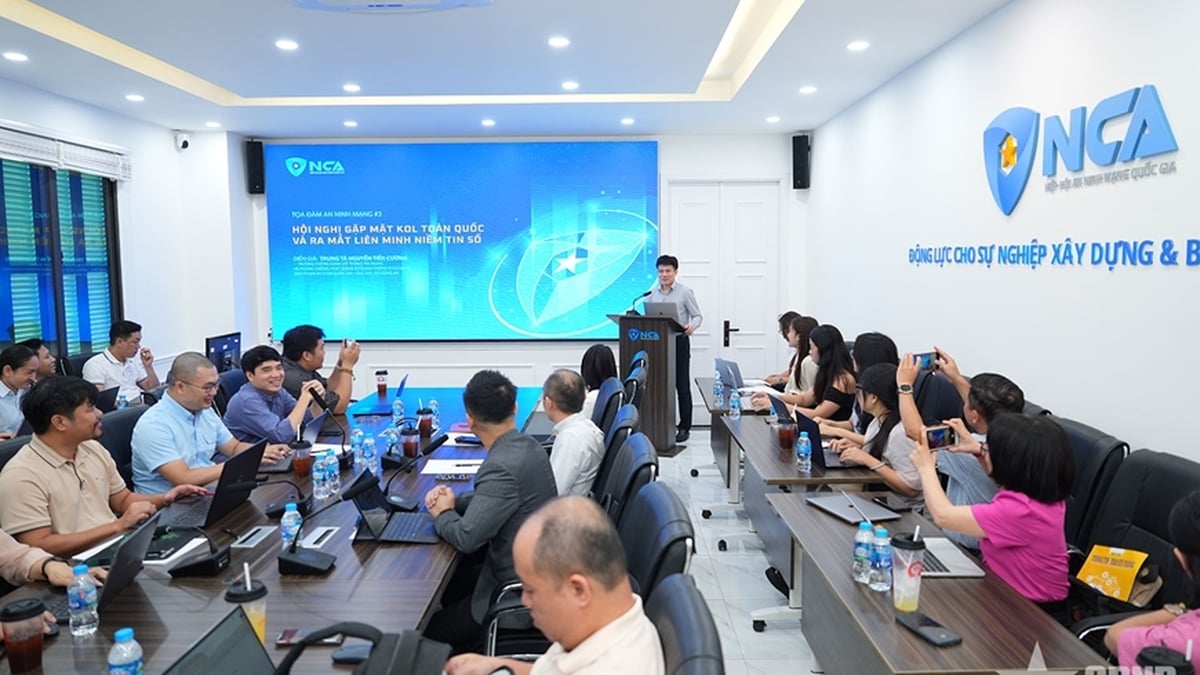
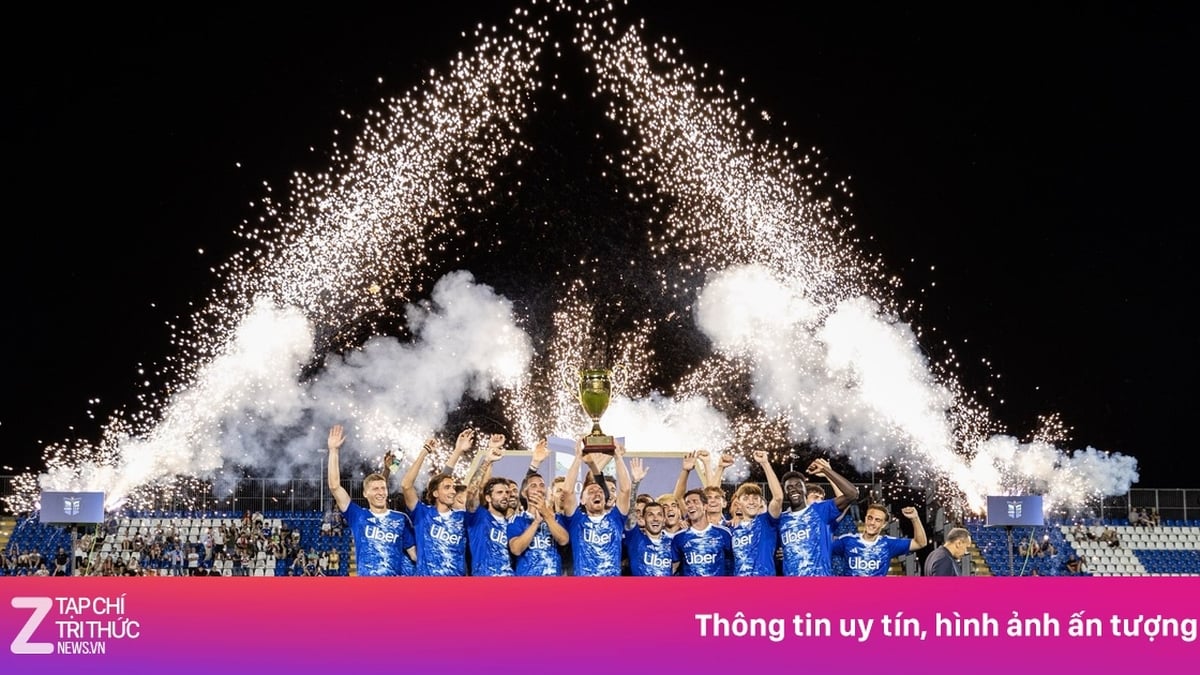












![[Photo] National Assembly Chairman attends the seminar "Building and operating an international financial center and recommendations for Vietnam"](https://vphoto.vietnam.vn/thumb/1200x675/vietnam/resource/IMAGE/2025/7/28/76393436936e457db31ec84433289f72)



















































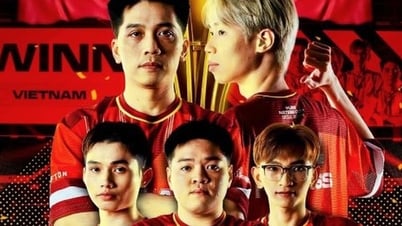























Comment (0)